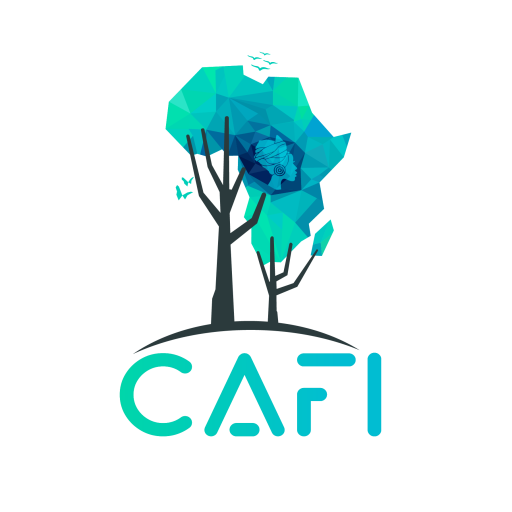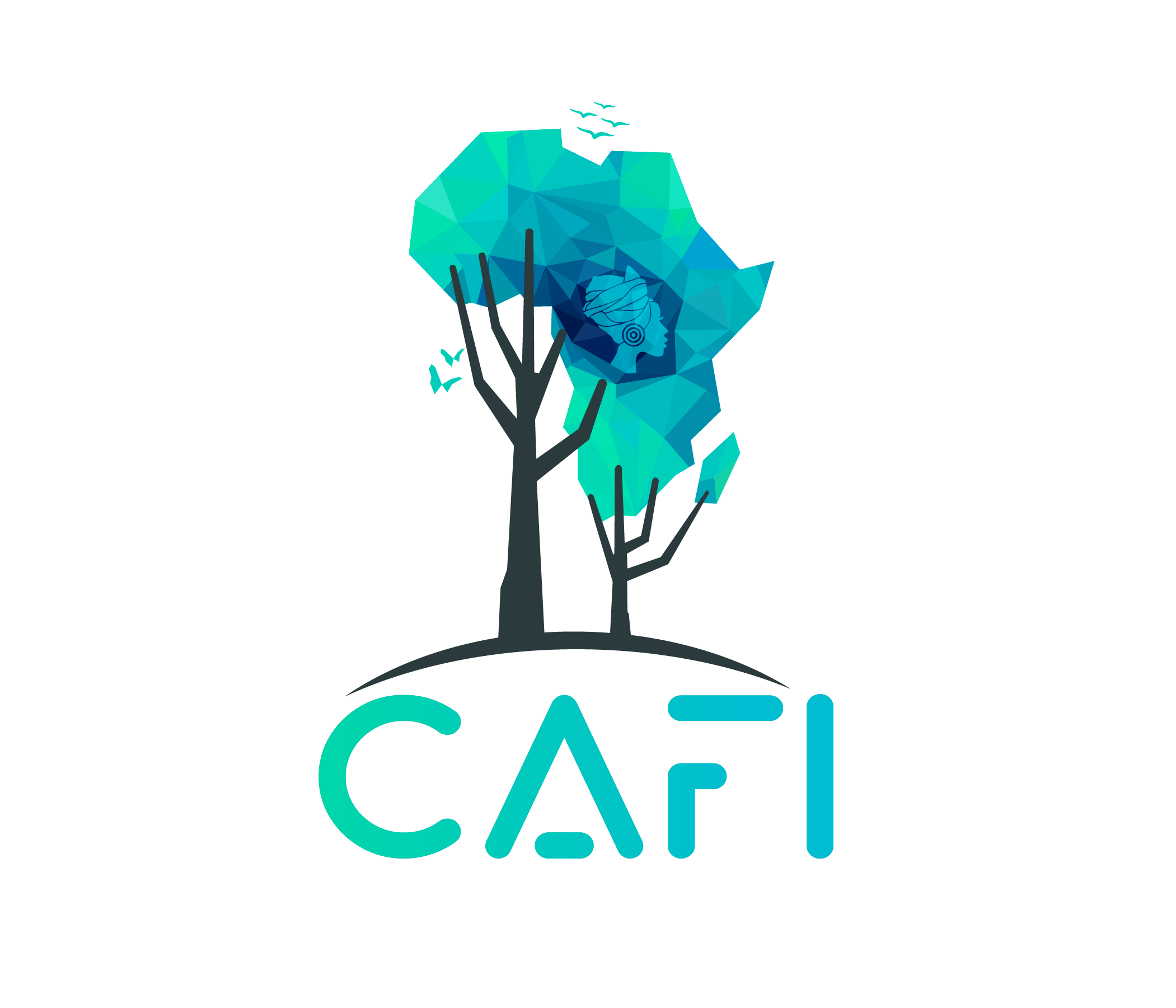Combining a central approach of territorial development planning with incentives via Payments for Ecosystem Services (PES), the Integrated REDD+ project (PIREDD) in Mai-Ndombe, that ran from 2016 to 2024, was one of the first large scale rural development project funded by CAFI in the DRC via the FONAREDD.
Countries:
The Democratic Republic of the Congo
Topics:
-
Status:
Approved
Amount:
10
Start Date:
01/04/2016
End Date:
25/04/2025
Implementing Organizations:
World Bank
National Partners:
-
Timeline
Objectives
Results to date
The project significantly strengthened local governance through the establishment and revitalization of 568 Local Development Committees, supported by sector-level (CARG) and territory-level (CART) agriculture management structures. These bodies now play key roles in natural resource management, backed by participatory planning, gender mainstreaming, and the integration of Indigenous Peoples.
In terms of land use activities, altogether
- 7,675 hectares of acacia, palm oil, and perennials crops like cocoa and coffee were planted
- 14,043 hectares were designated for natural regeneration
- 5,523 hectares were demarcated for community forests
- Payments for Environmental Services contracts rewarded 14,947 farmers (of which 3,308 women) with $1.7 million USD, disbursed to support sustainable practices.
- 12 microprojects and training in alternative livelihoods like poultry, livestock, and beekeeping targeted 323 Indigenous peoples.
Health and demographic pressures were addressed through community awareness sessions on family planning, HIV, Ebola, and COVID-19, reaching nearly 59,000 individuals. The Provincial Multisectoral Family Planning Committee was also activated, and peer educators were trained within LDCs.
Connectivity improvements were substantial, with 210 km of roads restored, 32 bridges and 10 culverts completed, and four office buildings constructed and handed over to local authorities. The Lediba ferry infrastructure, crucial for market access, was mostly completed despite security issues delaying final components. These improvements have boosted access to markets and services.
A recognised performance
Independent evaluation in 2024 confirmed the project’s strong design, satisfactory performance, and effective exit strategy. The Integrated REDD+ project (PIREDD) in Mai-Ndombe was highlighted as the most successful of its kind in DRC, credited with improving livelihoods, promoting sustainable agriculture, and reducing emissions. PES was praised for creating direct income and supporting behavioral change.
Key lessons include the need to strengthen agricultural value chains for long-term income, integrate land use planning with financial incentives, and extend PES timelines for sustained impact. The project’s alignment with national land reform and its success in reaching women and Indigenous People were noted.
Result in charts
Documents
No Documents available at the moment.

